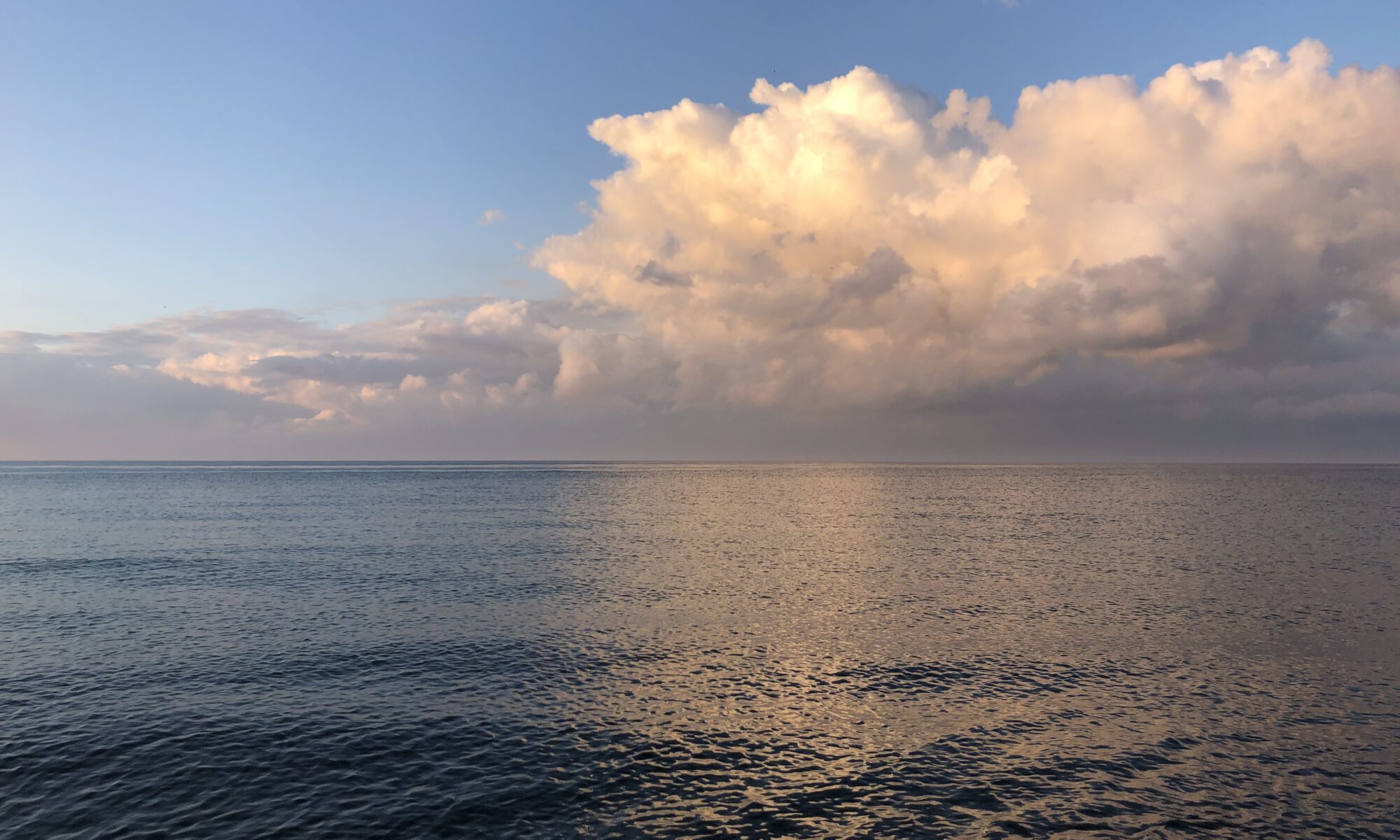Water is our elixir of life. We love to be by the water, the lake, the sea and to relax. Without water, nothing is created, neither humans nor nature can survive. But far out in the oceans, whole plastic islands of unimaginable size are floating, caused by us humans. Tiny micro-particles of plastic float beneath the surface of the water, invisible to our eyes and disturbing our ecological balance. Already today, scientists can prove that plastic waste caused by humans ultimately harms not only marine life, but also ourselves. The production and use of our clothing are a driving factor.
Both the cultivation of raw materials and the production of clothing consume large amounts of water. The chemicals and dyes used in the process pollute the water – often in Asia. Microplastics, which are released from plastics during the production, wearing and washing of clothing, are also problematic. Via the water cycle, they end up in the sea and from there on our table.
The most commonly used textile fibres worldwide are plastics such as polyester, polyamide, polyacrylic and nylon. Especially in the sports and outdoor sector, there often seems to be no alternative to plastic for clothing. The cheap raw material is used for clothing production to satisfy the demand for fast fashion. Plastics take hundreds of years to decompose in nature. Along the way, they absorb toxic substances, which are then released back into living creatures and have a toxic effect.
Is each and every one of us aware of this to this extent? Do we seriously want this?
We can do something by being conscious and mindful of the materials in our clothes. The first thing we can do is to check the material of our clothes and be aware of what our clothes are made of. You can find the information on the label of your clothes or online under the keyword “materials”. Keywords like “plastic-free” & “less water” or “waterless” will help you in your search to estalblish a waterfriendly lifestlye. You will probably be surprised to find plastic even in garments declared as sustainable. Plastic is mainly found in prints, glitter and sequins, buttons and coatings in rainwear. You can avoid these altogether by making a conscious consumption decision.
Incidentally, bacteria settle more quickly in plastic clothing, so you inevitably have to wash the clothes after wearing them only once, also because they smell unpleasant more quickly. This in turn uses more water. An alternative are natural fibres, which you can reuse by airing them due to their self-cleaning power, without wasting water.
If you have a high percentage of plastic in your clothes, it is good to use a Guppyfried, a wash bag that catches these microparticles. Especially during the first wash, many particles come off. It’s also good to avoid fabric softener. A full wash load can help to reduce the abrasion of microfibres.
We know from our own experience that fleece jackets and sweatpants made of organic cotton also serve their purpose. But let’s face it: for the vast majority of us, it won’t make any difference to our athletic performance if it is made out of polyester or not.
New plastic clothing in particular is a driver of microplastics. Perhaps you can reduce your consumption of new clothes and simply swap with friends or borrow clothes.
And luckily there is an alternative to plastic – natural fibres such (organic) linen & hemp as well as organic cotton.
We have choices when it comes to our clothes and our daily behaviour. The first step is to become aware of it. It’s up to us.
#lesswater, #low-water-jeans #wattermatterz #stopmicrowaste #plasticfree #waterless
Sources:
https://www.wwf.de/themen-projekte/plastik/mikroplastik
photo by autark.berlin


